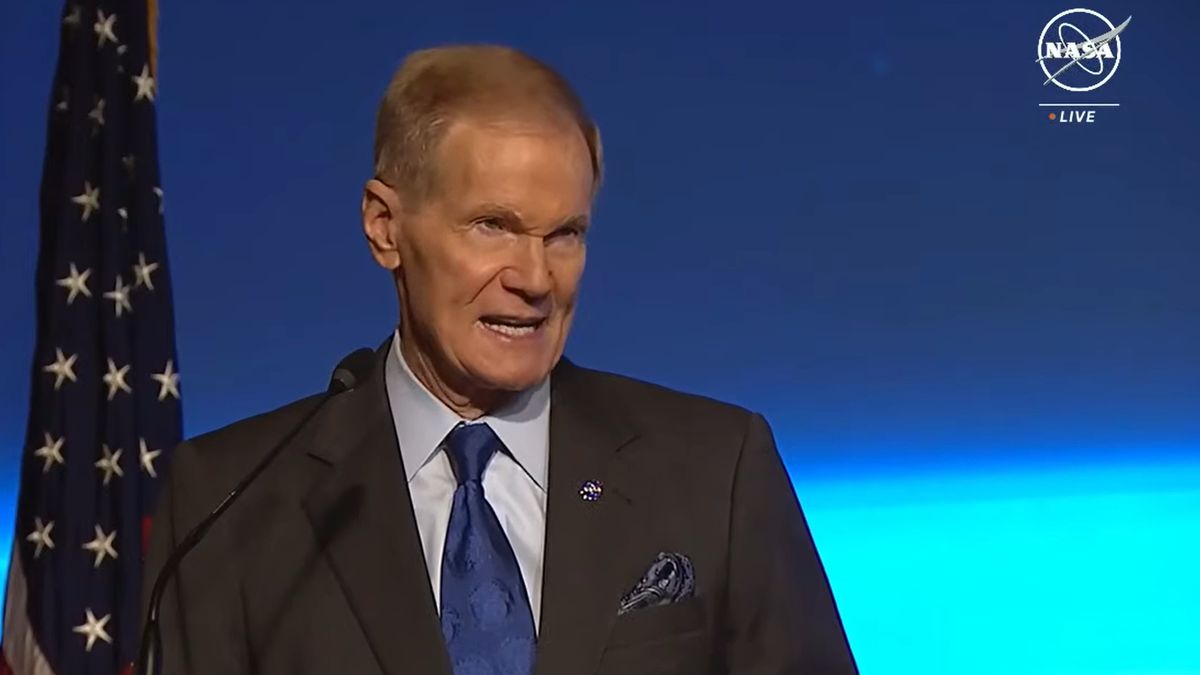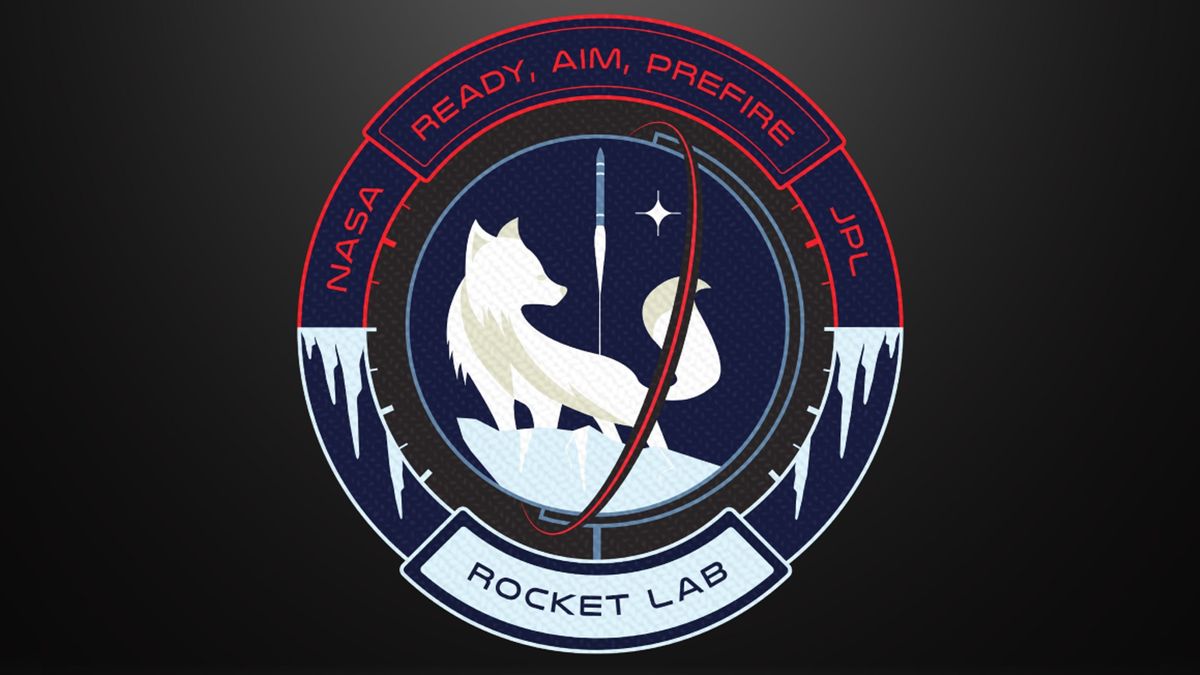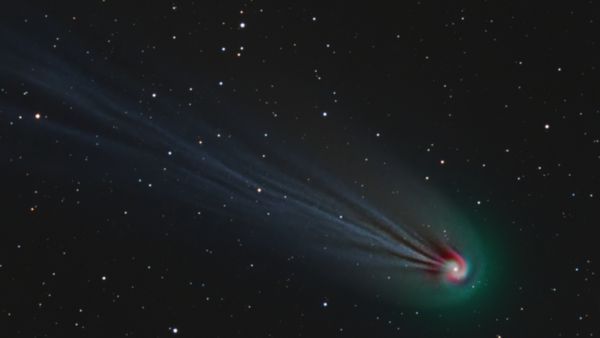NASA Administrator Bill Nelson Reacts to Fiscal Year 2025 Spending Cuts
In a recent address, NASA Administrator Bill Nelson expressed concerns about the impact of budget cuts resulting from a compromise reached in Congress for fiscal year 2025. The bipartisan agreement in the U.S. Senate, which Nelson described as a product of “partisan political gridlock,” is expected to significantly affect NASA’s operations over the next two years.
Congressional Compromise and Funding
While Congress passed a portion of the delayed fiscal 2024 budget, paving the way for President Joe Biden’s NASA budget request for fiscal 2025, Nelson highlighted the challenges faced by NASA due to the across-the-board spending cuts. He emphasized that NASA, along with other government agencies, became a casualty of the budget impasse that led to reduced funding for crucial programs.
The Senate’s bipartisan approval of a $467.5 billion discretionary spending package for fiscal 2024 garnered support, funding NASA and various U.S. initiatives until the end of the fiscal year on Sept. 30. However, the funding package only covers select departments and agencies, with another critical deadline looming on March 22 for essential programs such as military, health care, and homeland security.
Challenges and Budgetary Impact
Nelson underscored NASA’s bipartisan backing but lamented the funding reductions that impacted the agency’s operations in fiscal years 2024 and 2025. He noted that contentious negotiations in the House of Representatives delayed the budget’s passage, resulting in financial constraints for NASA and other government entities.
Despite facing a nearly 10% reduction in its fiscal year 2024 budget request, NASA managed to secure $24.875 billion. Nelson credited advocates in the White House, Congress, and NASA for advocating on behalf of the agency to ensure sufficient resources for its programs, emphasizing the importance of continued support for NASA’s endeavors.
Future Plans and Funding Allocation
The White House’s fiscal year 2025 budget proposal outlined NASA’s $25.4 billion budget request and highlighted the agency’s plans to gradually reduce its spending on the International Space Station to allocate funds for commercial space stations and a deorbit vehicle. Additionally, the budget included provisions for the Artemis moon program, Earth science initiatives, space technology, and aeronautics research.
In light of ongoing budget uncertainties, NASA’s Mars sample return program faces challenges, with the budget allowing for an internal assessment of mission architecture options to address cost overruns. The budget proposal also extends support to other institutions such as the National Science Foundation, emphasizing collaborative efforts to advance scientific research and exploration endeavors.
Overall, the budgetary constraints imposed on NASA underscore the need for continued advocacy and support to ensure the agency’s continued pursuit of groundbreaking scientific discoveries and space exploration missions.
Image/Photo credit: source url





